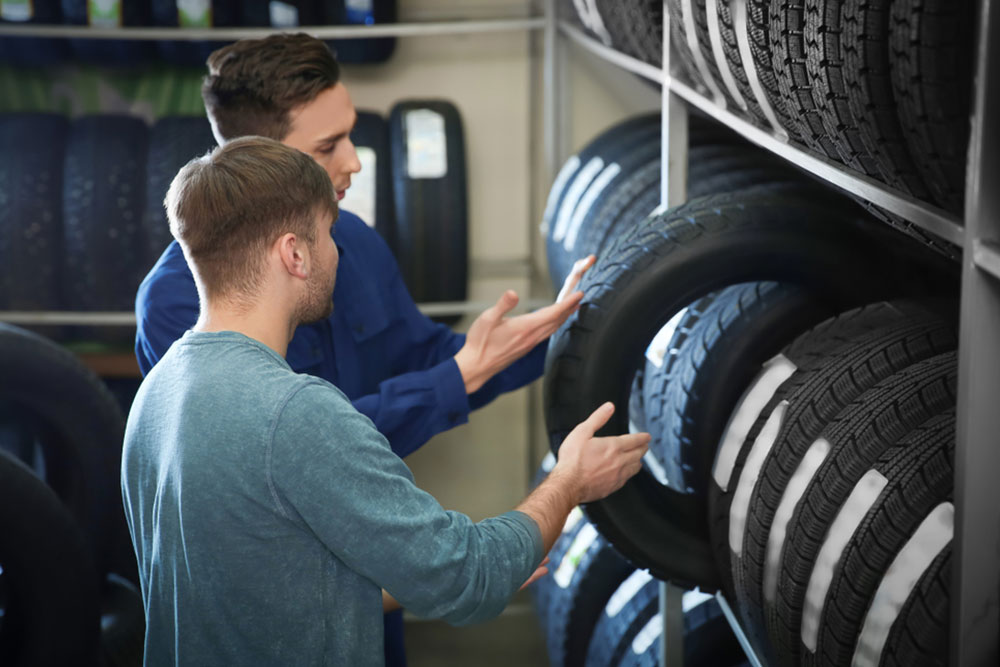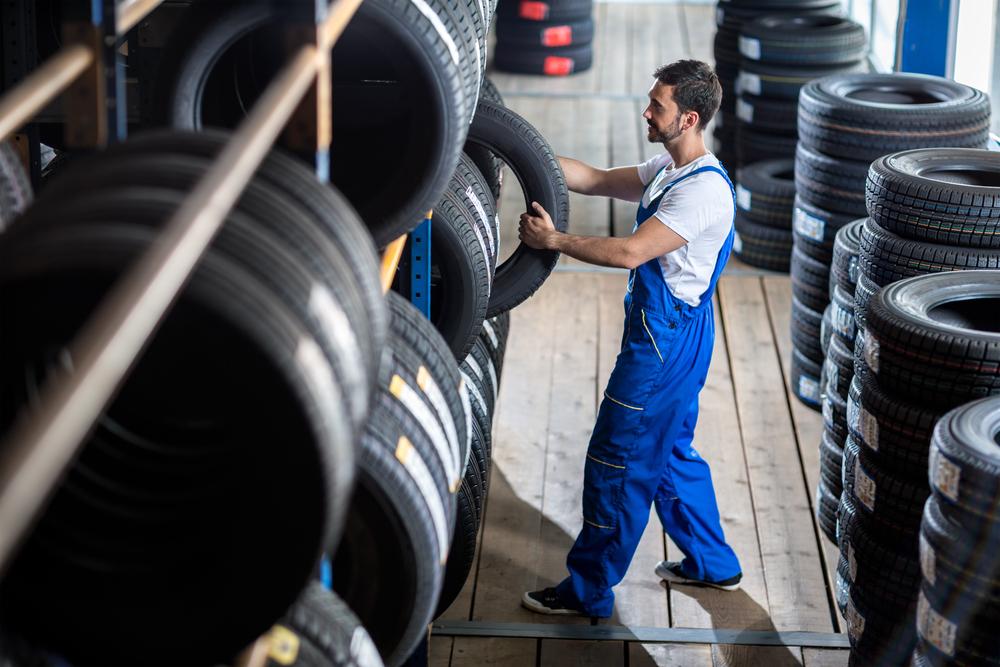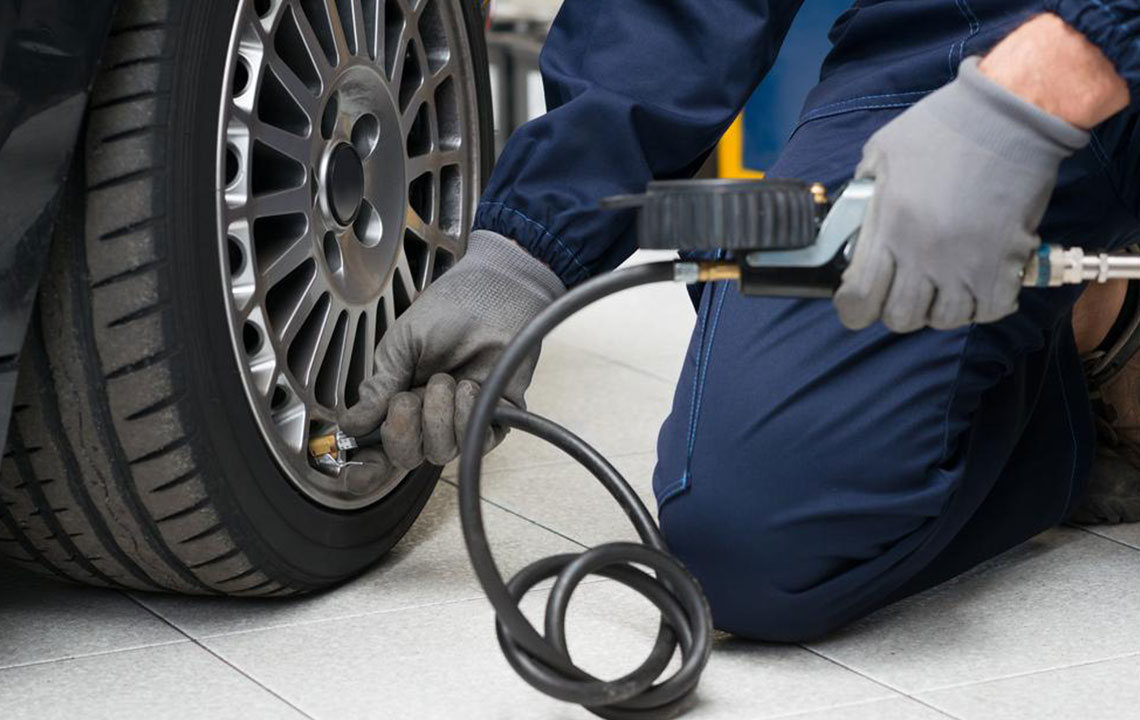Cutting-Edge Innovations Shaping the Future of Tire Technology
The tire industry is undergoing a revolutionary transformation driven by innovations like airless designs, sustainable materials, and smart sensor technology. These advancements aim to improve vehicle safety, efficiency, and ecological impact, heralding a new era of high-performance, eco-friendly tires. From geometrically redesigned structures to embedded sensors for real-time monitoring, the future of tires is smart, sustainable, and highly efficient. This comprehensive overview highlights how technological breakthroughs are reshaping the landscape of tire manufacturing and vehicle performance, aligning with global sustainability goals.

Cutting-Edge Innovations Shaping the Future of Tire Technology
In recent years, the tire industry has experienced a remarkable transformation driven by technological advancements, environmental considerations, and evolving safety standards. Innovations are not only enhancing vehicle performance but are also significantly contributing to sustainability efforts. With influences from high-stakes racing circuits like Formula 1, military applications, and consumer demands for safer and greener transportation options, tire manufacturers are pushing the boundaries of traditional design and materials. This comprehensive review explores the latest breakthroughs transforming tires from simple rubber components into smart, eco-friendly, and highly efficient systems.
One of the central drivers of tire innovation is the need for better safety and performance. As vehicles become faster and more technologically advanced, tires must keep pace to ensure optimal handling, durability, and safety. Concurrently, there is increasing pressure to reduce the environmental impact of tire production and disposal. The combination of these factors has led to significant research and development initiatives focused on alternative materials, novel geometries, and integrated smart technology.
Among the most promising innovations are airless tires, which eliminate the risk of punctures and reduce maintenance requirements. These tires feature geometrically designed polyurethane spokes or honeycomb structures that provide flexibility and strength while maintaining shape and support. First commercially introduced in 2016, airless tires have since evolved with improved materials and configurations, allowing for greater comfort and compatibility with various vehicle types.
Furthermore, sphere-shaped airless tires equipped with embedded sensors are emerging as a game-changing solution. These sensors monitor factors like tread wear, temperature, pressure, and road conditions, transmitting real-time data to the vehicle’s onboard system. This integration allows for predictive maintenance, enhanced safety, and optimized performance, aligning with the trend toward connected and autonomous vehicles. In addition, such tires facilitate better road contact and load distribution, improving overall efficiency.
In addition to structural innovations, tire materials themselves are undergoing a revolution. Researchers are replacing traditional synthetic rubber with sustainable alternatives such as natural rubber derived from renewable sources, plant-based oils, and silica compounds. These materials not only reduce reliance on finite resources but also improve traction in wet conditions, increase fuel efficiency, and lower carbon emissions. The shift toward eco-friendly tire manufacturing is a vital component of the global effort to reduce transportation’s ecological footprint.
Design innovations are also focused on reducing rolling resistance and air drag. Tall, narrow tires, for example, are being developed to minimize energy loss during motion. These tires help increase vehicle range for electric cars and reduce fuel consumption for traditional combustion engines. Moreover, geometrically optimized tread patterns and innovative casing designs contribute to better grip, reduced noise, and longer lifespan — meeting both consumer preferences and regulatory standards.
Ultimately, the evolution of tire technology is about harmonizing performance, safety, sustainability, and connectivity. The integration of smart sensors and eco-friendly materials represents a pivotal step toward intelligent transportation systems. The future of tires promises even more innovative solutions, including potentially self-healing rubber, adaptable tread patterns based on driving conditions, and enhanced recyclability. These advancements not only benefit individual vehicle owners but also contribute significantly to the development of sustainable mobility solutions.




